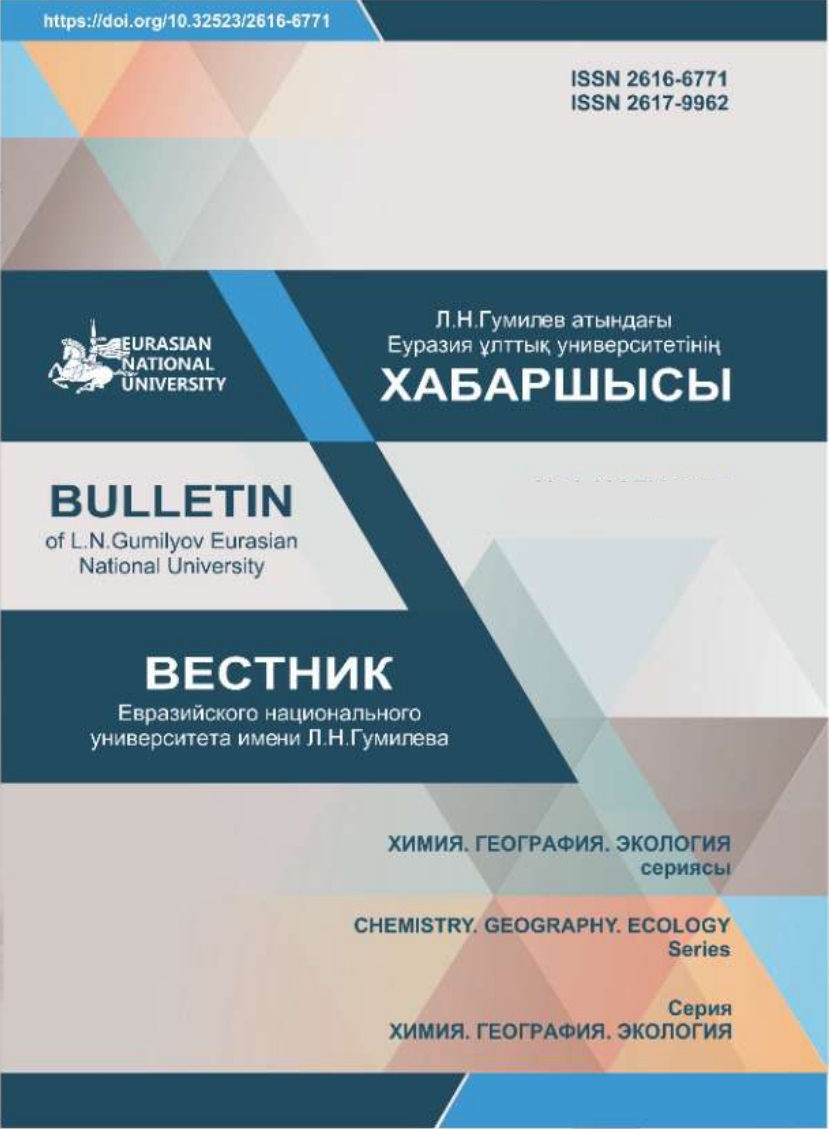Effectiveness of methyl tret-butyl ether and ethynylcyclohexanol for increasing the octane number of gasoline compositions (gasoline from delayed coking unit + reforming)
Views: 454 / PDF downloads: 267
DOI:
https://doi.org/10.32523/2616-6771-2023-143-2-36-44Keywords:
lithium-ion batteries, polymethyl methacrylate, cyclic voltammetry, ethyl carbonate, fluoroethylene carbonate, polyacrylonitrile.Abstract
Modern cars require high-octane fuel with anti-detonation properties, characterized by engine octane numbers 92, 95 and 98. High anti-detonation characteristics are achieved either by deep modification of gasoline using catalytic cracking, isomerization, alkylation processes, or by introducing special high-octane additives into fuel.
Main global trend in improving environmental and performance properties of automotive gasoline is the use of multifunctional additives, mainly oxygenates – oxygen-containing substances (alcohols, ketones, esters, etc.). The presence of oxygen in the oxygenate fuel molecule makes it possible to reduce harmful emissions of carbon monoxide by 30% and unburned hydrocarbons by 15%. In presented work influence of two such components – ethynylcyclohexanol (ECH) and methyl tret-butyl ether (MTBE) – on increase of octane number of gasoline blends in ratios 40:60 and 20:80 of delayed coking unit (DCU) gasoline and reforming gasoline has been studied. It is shown that the use of ECH as an additive is more effective than MTBE for increasing the octane number of gasoline compositions.
Downloads
Downloads
Published
Issue
Section
License
Copyright (c) 2023 BULLETIN of the L.N. Gumilyov Eurasian National University. Chemistry. Geography. Ecology Series

This work is licensed under a Creative Commons Attribution-NonCommercial 4.0 International License.








